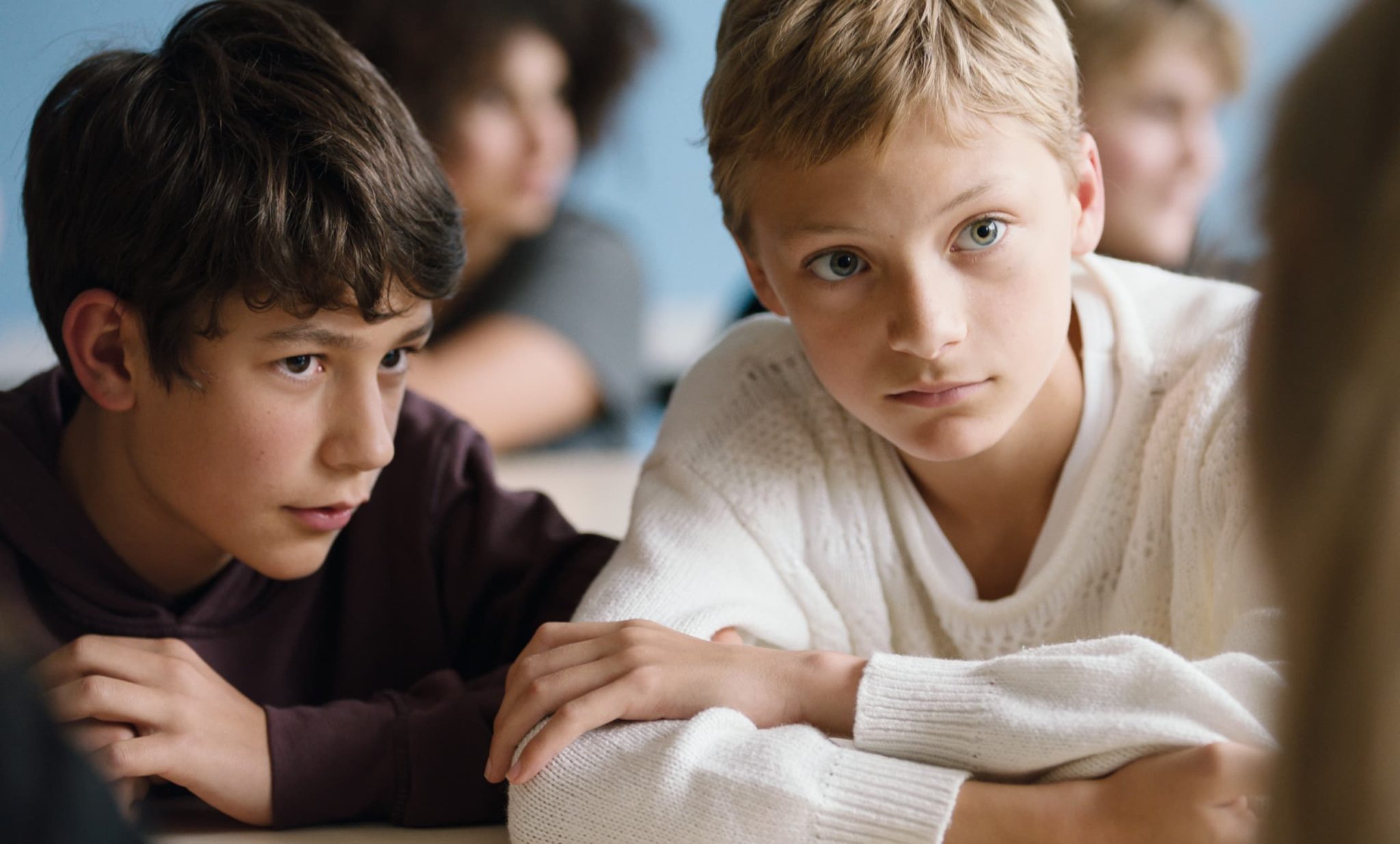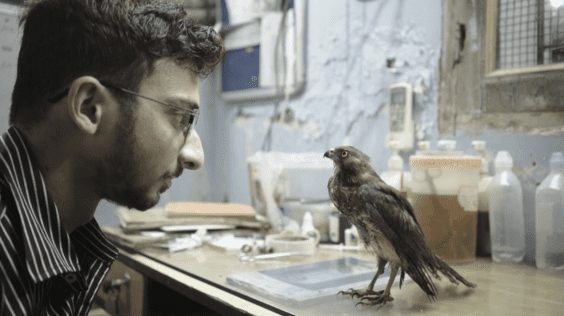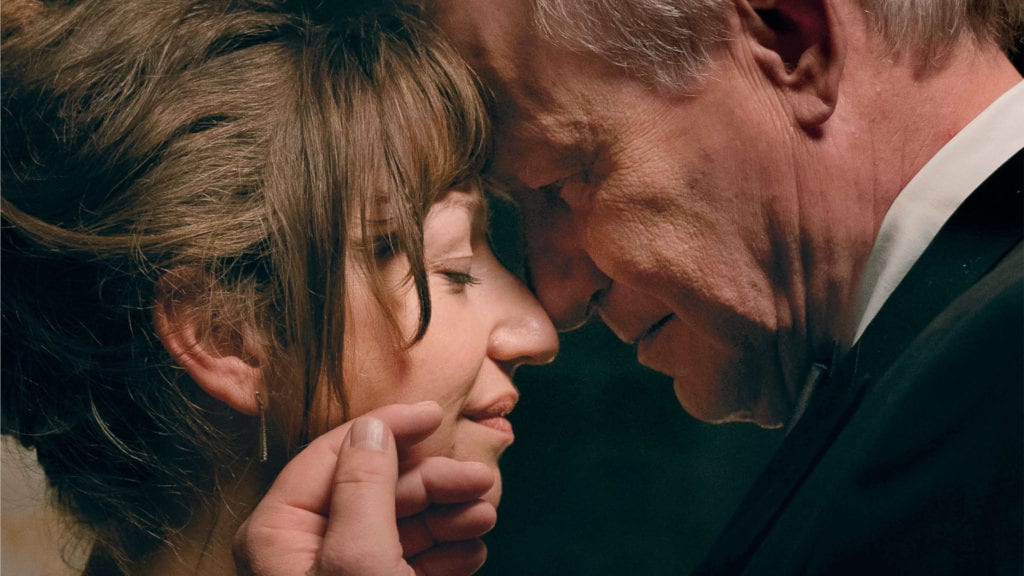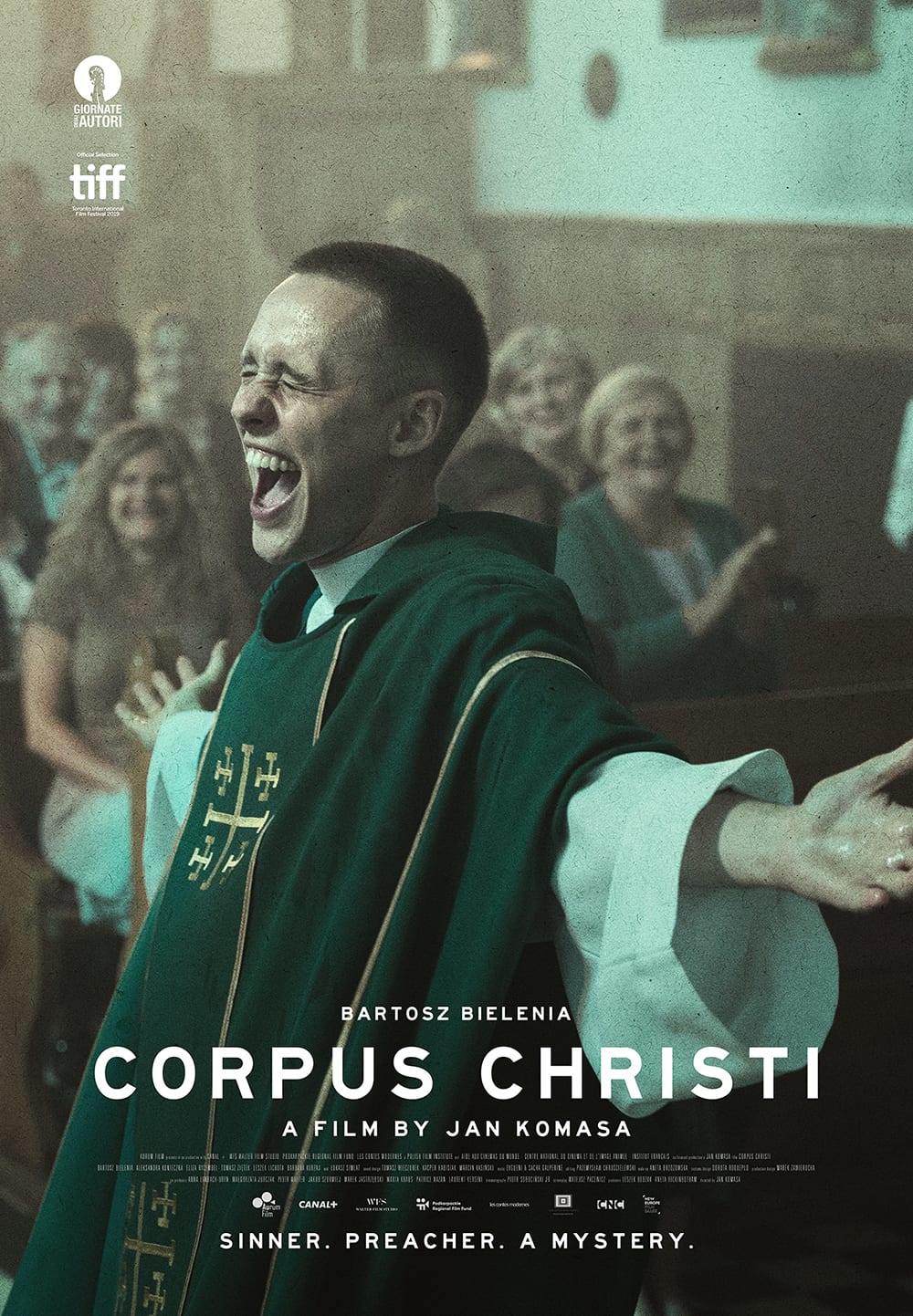
Close – End of childhood innocence
Coming of age can open the world in new ways, but at what price? In Lukas Dhont?s Close (which is Belgium?s entry for Oscar consideration) we watch a sudden and tragic shift from the idyllic world of childhood to thechallenging world of trying to fit in to the expectations of society. The film has been…





